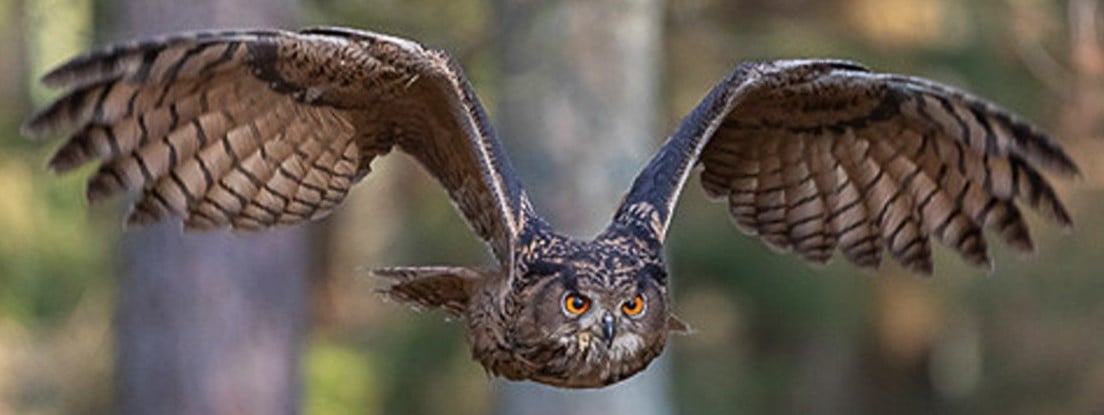UPI Archives April 7, 1989 Spooky the Owl dead at 38
BOSTON -- Spooky the Owl, the 38-year-old mascot of Boston's Museum of Science and the oldest great horned owl in captivity, has died after a career that included 25,000 performances before delighted crowds.
Spooky, whose antics were seen by about 30 million visitors, was brought to the museum as a hatchling in 1951 and quickly became a major attraction. Officials said he died at the museum Wednesday.
'The museum has lost a very good friend. He certainly did more than his share of working here over 38 years. Spooky and the folks who acted as his interpreters did a fabulous job in teaching folks about owls. He is certainly a bird that is going to be missed,' Lewis Stevens, coordinator of the museum's Live Animal Center, said Friday.
Great horned owls normally live only 10 years in the wild. Spooky was known for sitting atop a lecturer's shoulder and turning his head 180 degrees while keeping his body motionless.
'He was a very noble bird,' Stevens said. 'In my 15 years of working with animals, on a scale of 1 to 10, he would rate a Number 10.'
The great horned owl is a powerful bird of prey. One born and raised in the wild could inflict serious damage on humans with its powerful bill and talons.
But Spooky was hand-reared after he was brought to the museum when he was three days old.
'The constant human attention that he got over the years is what made him a very tame animal. He liked to work with people,' Stevens said. 'It wasn't as much a matter of training Spooky as training people to work with Spooky. Chances of finding another owl with the same temperament are very slim.
Spooky, who had done more than 25,000 performances, was taken last week to Angell Memorial Hospital for a liver scan and was later returned to the museum.


Thank you for your service, Spooky!